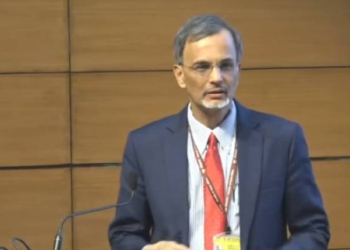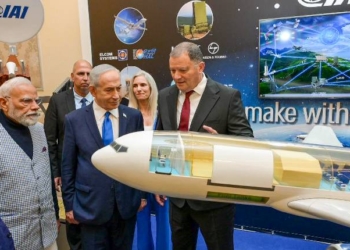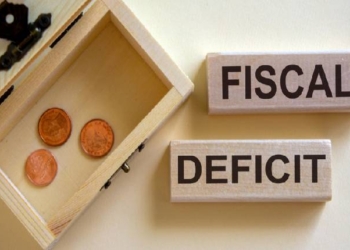New Delhi: India has the highest tariffs on inputs in electronics among the competing economies which accentuates India’s cost disability in comparison to those nations, a new report showed on Thursday.
The India Cellular and Electronics Association (ICEA) conducted a five-nation study of input tariffs in electronics sector across India, China, Vietnam, Thailand and Mexico, covering 120 key components.
It found that India’s tariffs are higher for up to 98 per cent lines compared to Vietnam (for free trade agreement tariffs) and 90 per cent of the lines compared to Thailand.
The competing economies have approximately double or more zero tariff lines than India. India’s MFN tariff average is 9.7 per cent, compared to averages from 3.2 per cent in China.
“Over 80 per cent of Vietnam’s imports for 120 tariff lines are under free trade agreements (FTAs). The average tariff in Vietnam (considering their FTA imports) is much lower — close to 1 per cent,” the findings showed.
Tariffs act in the reverse direction to their intended purpose by adversely impacting costs, growing domestic production and exports.
High tariffs only work in an import substitution phase, not when a sector like electronics has entered the phase of export-led growth. India’s mobile phone exports increased nearly 100 per cent to $11.1 billion, and electronics exports by 56 per cent to $23.6 billion by March this year.
In 2022, for smartphone components, the import duty on lens glass of cameras was reduced from 2.75 per cent to zero in India, while others remained unchanged and generally higher than competing economies.
The industry has requested the Department of Revenue to reduce tariffs on inputs for mobile manufacturing as current tariffs have outlived their utility.
“Mobile phone sector has transformed as a 78 per cent import-dependent sector in 2014 to complete Atmanirbhar (99.2 per cent of phones sold in India are made in India) by 2021 to export led-growth — Rs 90,000 crore of exports by March 2023,” said the report.
The industry also demanded a glidepath for input tariffs to match Vietnam and China over the next two years.
(IANS)
















